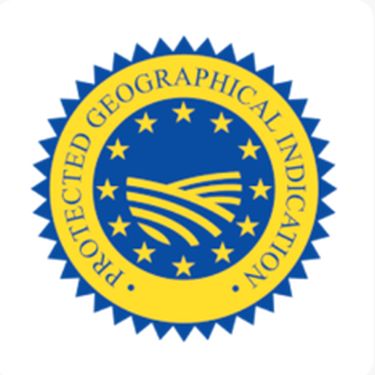Earlier this month, the European Parliament adopted a regulation on geographical indications ('GIs') to expand their scope. The new GI protection will cover certain craft and industrial products, such as ceramics or knives (the 'Regulation'). These GIs will be known as 'non-agri GIs.' Prior to the Regulation, only wine (e.g. Champagne), spirits (e.g. Scotch Whisky) and agricultural products (e.g. Melton Mowbray Pork Pies!) could benefit from EU-wide GI protection. The text of the Regulation is available here. This is an important development and offers new opportunities for products that trade on the cachet of their provenance.
According to Art. 6 of the Regulation, the crafts and industrial products will operate like existing protected geographical indications ('PGIs') rather than like protected designations of origin – this means that that the protection for the non-agri GIs will be based on the product's quality or reputation, as opposed to any connection to the soil or climate of the geographical location.
Non-agri GIs will use the same PGI logo as current alcoholic drinks and agricultural products (displayed below), though the use of this logo was objected to by existing GI associations, including the Italian Association of Geographical Indications Consortia, on the basis that it would dilute the strength and benefit of the logo for alcoholic drinks and agricultural products that had access to such. Their concern was based on the fact that, under Art 4(8) of the Regulation, purveyors of non-agri GIs would be able to self-declare that they comply with the Regulation, which existing GIs cannot easily do.

There will be two steps for a business or organisation to register a non-agri GI. First, a national body (e.g. a national IP office, will provide a national examination and national opposition procedure (the 'national phase'). The decision of the national body will be challengeable before the respective national court. Member States who expect to have few non-agri GIs may be granted a derogation to skip the national phase and go straight to the second step: The Union phase. Applications for non-agri GIs from outside the EU will also go straight to the Union phase.
The EUIPO will be responsible for the Union phase examination for non-agri GIs. This is different to alcoholic drinks and agricultural products, where the European Commission determines these application. The Regulation allows for EU-wide oppositions and sets strict deadlines for every step. Examinations and oppositions at the EUIPO will be heard in the soon-to-be-created 'GI Division.' A decision of that division could be appealed to the EUIPO's Board of Appeal, which in turn could be appealed to the General Court, and then to the Court of Justice of the EU (CJEU).
The Regulation provides a wide scope of protection for non-agri GIs. Parallel provision to increase the scope of protection for alcoholic drinks and agricultural products have also been proposed. The Regulation protects against the 'misuse, imitation or evocation of [a] name protected as a [GI]' (Art. 1(b)). Evocation is something that is often debated by business and their advisors, its definition matters. After some debate, the final text of the Regulation defines 'evocation' thus (Art. 40(2):
'[E]vocation of a geographical indication shall be deemed to arise, in particular, where a sufficiently direct and clear link with the product covered by the registered geographical indication is created in the mind of the average European consumer who is reasonably well-informed and reasonably observant and circumspect.'
Given this language, we expect that preliminary rulings are going to be key to the interpretation and understanding of this article.
The EU has clearly given thought as to how to make the new right valuable. For example, GI owners will be able to exercise their rights over goods in transit (i.e. goods that enter the EU that will only pass through, and not be sold in the EU). GI owners will also be able to prevent the use of the GI in domain names, being able to invoke the GI in any dispute in front of an EU country-code top-level domain name registrar.
Now that the European Parliament has passed the Regulation, it must be formally approved by the European Council. It will then come into force twenty days after publication in the Official Journal, with the new regime coming into existence two years later.
The content of this article is intended to provide a general guide to the subject matter. Specialist advice should be sought about your specific circumstances.


